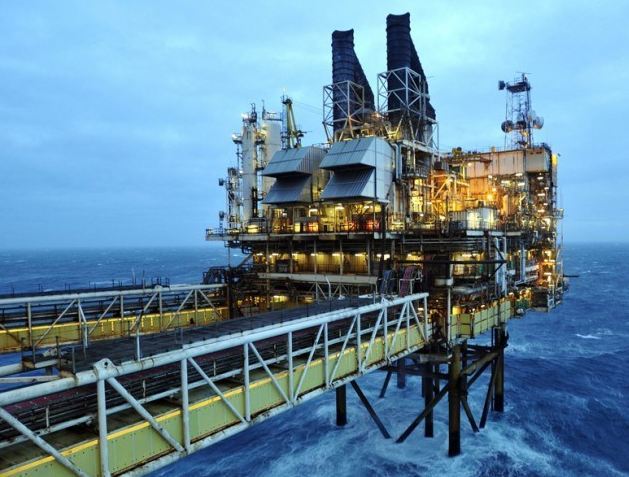
There is no simple panacea for solving rock bottom levels of exploration in the North Sea, according to industry veteran Phil Kirk.
But cost reduction and a level of collaboration is emerging that has surprised Mr Kirk, who has been leading exploration ventures for over a decade and who now spearheads the Oil and Gas Authority’s (OGA’s) MER UK exploration forum.
“We are struggling to see the panacea for exploration,” admitted Mr Kirk, who also leads the independent explorer and producer, Chrysaor.
Last year the UKCS basin had the worst year for exploration in over four decades. Only 13 exploration wells and 13 appraisal wells were drilled in 2015. Trade body Oil & Gas UK (OGUK) said the situation will be worse this year, with as few as seven to 10 exploration wells on the cards as companies put a further clamp on spending.
Mr Kirk believes the problem lies with costs – both of drilling and production which had risen to sky-high levels in the North Sea, outstripping the rise in the price of oil to $110 before the price came tumbling down.
“It is often said the worst thing you can do as an exploration company is find oil – you’ve got to develop it,” he said.
“Cost and efficiency in the UK is massively important, not just for production but investor sentiment.
“The UK has a perception problem than the OGA and the industry is trying to address.”
Another stumbling block is a historic approach of North Sea operators refusing access to key infrastructure such as platforms.
“Infrastructure has to be much more open to new business and third party business.
“What other area of business would you not have open arms to other people to bring their hydrocarbons and pay you money?
“In any other business you would be falling over backwards.
“We need to work harder on that.”
He said that the budget cut in Supplementary Charge Tax (SCT) in the 2016 was “pleasing”
“In all my 20 years politicians of all parties – and both sides of the border- understand the issues better.
“They understand something needs doing about exploration.
“But it is difficult to find the lever everybody agrees with when everyone has got to be careful about their purse strings.”
Groups formed to work under each of the MER UK boards are also showing sings of culture change.
“The collaboration I have seen on the new licensing regime and the potential scheme for warding licenses, I’ve been amazed,” he said.”
“A group of companies that came together from large independents, multi-nationals, the majors through to smaller companies, working in a group to come up with a solution that would fit everybody and promote new activity.
“I have never seen all those groups collaborate, take hats off and leave them at the door, as much as they did in that group.”
Recommended for you

